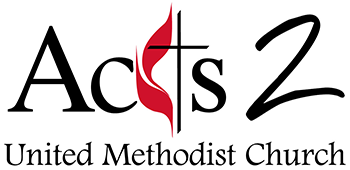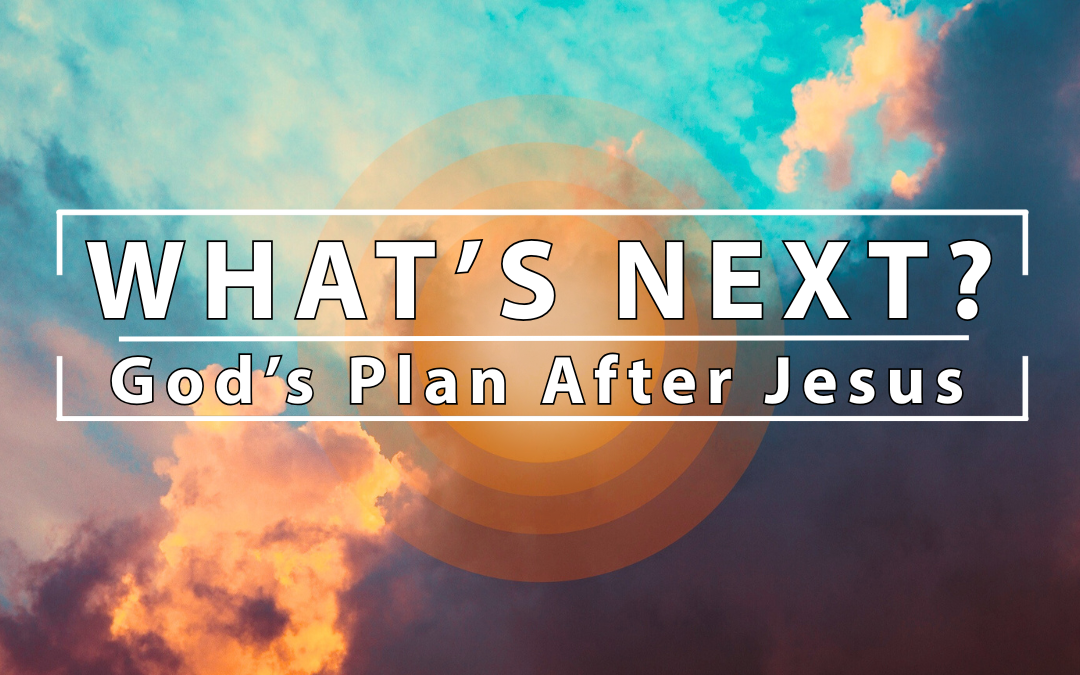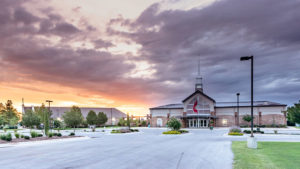Reading
There were many Jews staying in Jerusalem just then, devout pilgrims from all over the world. When they heard the sound, they came on the run. Then when they heard, one after another, their own mother tongues being spoken, they were blown away. They couldn’t for the life of them figure out what was going on, and kept saying, “Aren’t these all Galileans? How come we’re hearing them talk in our various mother tongues?… They’re speaking our languages, describing God’s mighty works!”
Acts 2:5-8, 11 (The Message)
Reflection
When I was a kid, my parents had placemats at the kitchen table with maps on them. We had plenty of other placemats too—one for every season, some that I think Mom might have made up altogether. But the map mats weren’t in the fancy cabinet; they were at the kitchen table. As I ate (or refused to eat, see: green peas), I would trace the borders and recite the names of cities and oceans.
Even when I opened my Bible, I was just as likely to turn to the back and pore over the maps as I was to read a chapter or verse. In school, I gravitated to classes that included maps—history and politics, ecology and economics. There’s something about seeing the world laid out in shapes and colors, in borders and names, that’s always helped me feel a little more grounded.
If I won the lottery, I wouldn’t tell anyone, but there would be signs. You know, like a map room—one that’s part Magellan, part Ibn Battuta, but unmistakably Texan. Because maps, for me, are more than just pictures of land. They’re a way of making sense of the world—of seeing where I fit, and how the places we inhabit shape who we are.
Part of the human experience is our deep need to make sense of the mysterious and the unknown. It’s what drives us to create beautiful art, to explore the blank spaces on the map, and to study the seas and the sky. The world—both in its vastness and in its nearness—feels bigger than we can individually comprehend.
Our sacred texts help us with this too. When we read about the Tower of Babel in Genesis 11, we’re not reading a history lesson or a scientific account. We’re stepping into the stories parents told their children as they sat around hushed campfires or whispered by riversides while gathering water. These words weren’t meant to tell us how the world was formed but to help us understand why we long to find our place within it.
Genesis 11 isn’t a story of God creating diversity as punishment—it’s a human attempt to explain why diversity already existed. In a time when meeting someone who spoke a different language was rare and disorienting, this story offered a reason: maybe we’re scattered because of something bigger than ourselves, something we couldn’t fully name.
Acts 2 is another one of these stories—just as human and just as divine. It’s about making sense of a new kind of mystery: the possibility of unity in the midst of difference. It doesn’t erase our differences or pretend they don’t matter. Instead, it’s a story of how God works within the fabrics of our existence to weave together a tapestry of understanding that transcends language and culture.
The Holy Spirit we all received at Pentecost is a gift. It’s what binds us together, giving us a shared vocabulary of justice, compassion, and mercy—and a shared expectation of the miraculous and the good that emerge when we show up for each other, wherever we are.
The story of Babel would have been astonishing to ancient ears—a city that reached to the heavens, a tower that seemed to hold the whole world together. In our own day, the possibility of a Spirit-infused community—one that doesn’t erase differences but honors them—is just as astonishing.
As people who carry this Spirit, we face a choice: to claim our place at the ever-widening, ever-beautiful table of humanity at its best—redeemed and reconciled—or to reject it. When we claim this shared unity while honoring our diversity, we become vessels of justice, compassion, and mercy. And it’s out of these small, Spirit-led choices—these small refusals to build our own towers or cling to our own agendas—that the miraculous breaks forth in our time.
Prayer
Come, Holy Spirit—
Fill our hearts again.
Use our voices for justice and mercy;
Our bodies for compassion and welcome.
Move within our diversity,
And let us see the fullness of humanity.
Each life is a gift,
And your Spirit pours over and through them all.
Come, Holy Spirit.
Come.
AMEN


